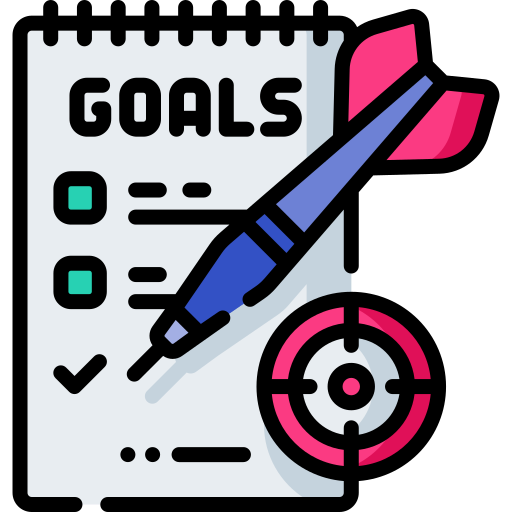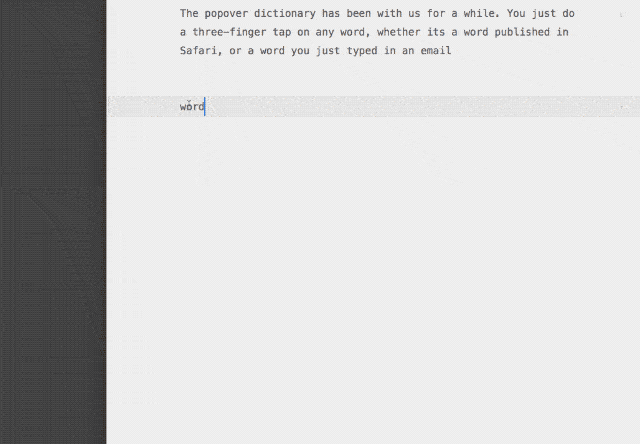
This logo isn't an ad or affiliate link. It's an organization that shares in our mission, and empowered the authors to share their insights in Byte form.
Rumie vets Bytes for compliance with our
Standards.
The organization is responsible for the completeness and reliability of the content.
Learn more
about how Rumie works with partners.
So you've decided to take up a new language. You thought you were ready, but you face countless words to remember and weird grammatical rules to follow.
This was what I experienced when I started learning French. Later, I found that despite all these challenges, learning a new language turned out to be a wonderful journey. I'd like to share the helpful tips from this journey with you.

Hopefully, this advice will make your language learning journey more enjoyable, and you'll become a competent user of that language more quickly.
1. Set Clear Goals
Decide why you want to learn this language. Do you want to travel to a specific country, or perhaps you want to do business with people speaking the language? Then, set short-term and realistic goals based on what you need to do with the language.

For example, I decided to learn French because I moved to Montreal, a city where most people speak French.
The first place where I needed to use French was in the grocery stores. The first short-term goal I set was to be able to communicate with the cashiers. After learning words and expressions for shopping, I put them into use immediately.
Quiz
Michael plans to travel to Mexico in two months. He wants to learn some basic Spanish to use during the trip. Which would be ideal realistic goals for him? Select all possible answers.
Ordering food, making hotel reservations, and asking for directions are all situations he'll meet during the trip. Learning to deal with these situations in Spanish can be practical, so these are ideal realistic goals.
2. Stay Consistent
Dedicate a consistent amount of time each day. Even if it’s just 15-20 minutes. It’s more effective than cramming for hours once a week.
For example, I learned French during my commute. Here are some of the things I did on the metro:
I looked up words on signs that I didn't know and learned them by heart.
I searched for the words for things I saw that I didn't know how to say in French and tried to make sentences with them.
I listened to French songs and checked their lyrics. After several weeks, I was able to sing the songs and internalize all the expressions in the lyrics.

Did you know?
Learning words and revising them from time to time is a form of spaced repetition. It's a great way to learn vocabulary, especially if you have to take a language exam.
3. Use It Whenever Possible
Remember to use that language as often as you can. Make sure that you not only read the news or books and listen to podcasts in the language — input — but you also speak and write in it — output.

The input refers to the exposure learners have to authentic language in use.
Examples include listening to the radio or watching TV shows. Choose materials that are challenging but still comprehensible to you.

The output refers to the process of producing something in the language.
For example, you write songs or do creative writing in the language. Make sure that you can get feedback from a teacher or a native speaker.
Quiz
Which of the following actions is a language output?
Language output refers to speaking and writing in a language. Writing a diary is a language output.
4. Embrace Technology
Never hesitate to use some cool apps to speed up your language learning process.
Here are several tips that worked for me:
Try to find online dictionaries for the language you are learning. Wordreference and Wiktionary are quite handy for learning vocabulary.
Use audio and video resources often. I find them to be more effective compared with traditional textbooks.
You can also chat with AI chatbots to practice the language.
Did you know?
With some dictionary apps, you can look up a word or phrase by selecting or clicking on it when you read. A pop-up window may appear to show you its meaning and give you some examples. For example, you can find more information on how to do this on macOS.
Take Action
 Photo by Kelly Sikkema on Unsplash
Photo by Kelly Sikkema on UnsplashLearning a new language can be a long challenging process. Taking these steps when you start your journey will make your language learning more effective and enjoyable.
This Byte has been authored by
Zheng Cheng
Teacher
MA
